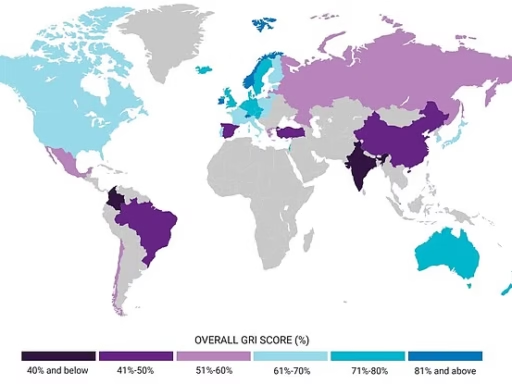
Disclaimer: This article is for informational and educational purposes only. It does not provide financial, legal, or investment advice. Please consult with a licensed financial professional for advice specific to your situation.
Introduction
Living on a tight budget often feels like a constant uphill battle. Many people struggle to make ends meet, let alone build any savings. This financial pressure can weigh heavily, causing stress and worry. Still, small and consistent changes may lead to meaningful improvements over time.
Saving money, even with limited funds, is not about extreme deprivation. Instead, it involves mindful planning, conscious spending, and practical strategies. This guide offers actionable ideas to help you take steps toward your financial goals.
Section 1: Mastering Your Spending Habits
The Power of a Detailed Budget
A budget is your financial roadmap. It shows where money comes from and where it goes. For those managing tight finances, it forms the foundation of success.
Budgeting apps such as Mint or YNAB (as examples) can help, but a simple spreadsheet or notebook works too. Categorize your expenses—housing, food, transportation, utilities, and entertainment.
Identifying and Cutting Non-Essentials
Understanding the difference between “wants” and “needs” is key. Conduct a one-month “spending audit” to identify unused subscriptions, impulse purchases, or daily habits like coffee runs that could be adjusted.
The Envelope System Explained
The envelope system is a hands-on way to manage variable expenses. Assign cash to categories such as groceries or dining out. Once the envelope is empty, spending in that category pauses until the next budget cycle.
Section 2: Smart Grocery and Food Savings
Meal Planning for Maximum Impact
Meal planning can reduce grocery costs and minimize waste. Planning based on weekly sales, creating a list, and using ingredients across multiple meals can help control food expenses.
Smart Shopping Strategies
Choosing generic brands, shopping at discount stores, and using coupons or loyalty programs are common ways to save. Studies show coupon use alone can reduce grocery bills by 15–20%.
Cooking at Home and Batch Cooking
Preparing meals at home is generally cheaper than dining out. Packing lunches, cooking in batches, and trying simple recipes with affordable ingredients are practical steps.
Section 3: Reducing Household and Utility Expenses
Energy Efficiency at Home
Small efficiency changes can lower bills. Examples include switching to LED bulbs, sealing drafts, adjusting thermostats, and unplugging unused electronics. The U.S. Department of Energy notes that minor thermostat adjustments can reduce heating and cooling costs by up to 10% annually.
Water Conservation Techniques
Fix leaks, take shorter showers, and install water-saving devices like low-flow showerheads. Running appliances only when full also helps cut water usage.
DIY and Repair Over Replacement
Repairing or repurposing items can extend their life and save money. Simple home repairs and clothing fixes often require only basic tools or skills.
Section 4: Smart Transportation and Commuting
Reducing Fuel Costs
Driving habits—such as maintaining steady speeds, keeping tires inflated, and staying on top of vehicle maintenance—can improve fuel efficiency.
Exploring Public Transportation and Carpooling
Public transit, carpooling, biking, or walking can reduce costs while offering health and environmental benefits.
Minimizing Vehicle Ownership Costs
Compare insurance providers, consider fuel-efficient vehicles, and learn basic car maintenance tasks to help reduce expenses.
Section 5: Finding Free and Low-Cost Entertainment
Leveraging Community Resources
Libraries, local parks, museums with free days, and community events are excellent low-cost options.
DIY Entertainment and Home Activities
Activities like game nights, potluck dinners, movie nights, or hiking offer budget-friendly fun.
Utilizing Discounts and Deals
Look for discounts through apps, student/senior benefits, or special promotions to stretch entertainment dollars further.
Section 6: Increasing Income (Even on a Tight Budget)
Selling Unused Items
Decluttering can create extra income. Platforms such as eBay, Facebook Marketplace, or Poshmark are commonly used for selling items.
Part-Time Gigs and Side Hustles
Freelance work, food delivery services, tutoring, or pet sitting are flexible options. Even modest side income can accelerate savings.
Monetizing Hobbies
Hobbies like crafting, music, or blogging can potentially generate income over time through selling products, teaching, or ad revenue.
Conclusion
Saving money on a tight budget may feel challenging, but it is achievable with small, consistent steps. Creating a budget, reducing unnecessary expenses, cooking at home, and practicing energy efficiency all contribute to long-term progress. Exploring side hustles and low-cost entertainment also help stretch your income further.
Start with one or two strategies, stay consistent, and celebrate each milestone. Over time, these efforts may create a stronger financial foundation and reduce stress around money.




